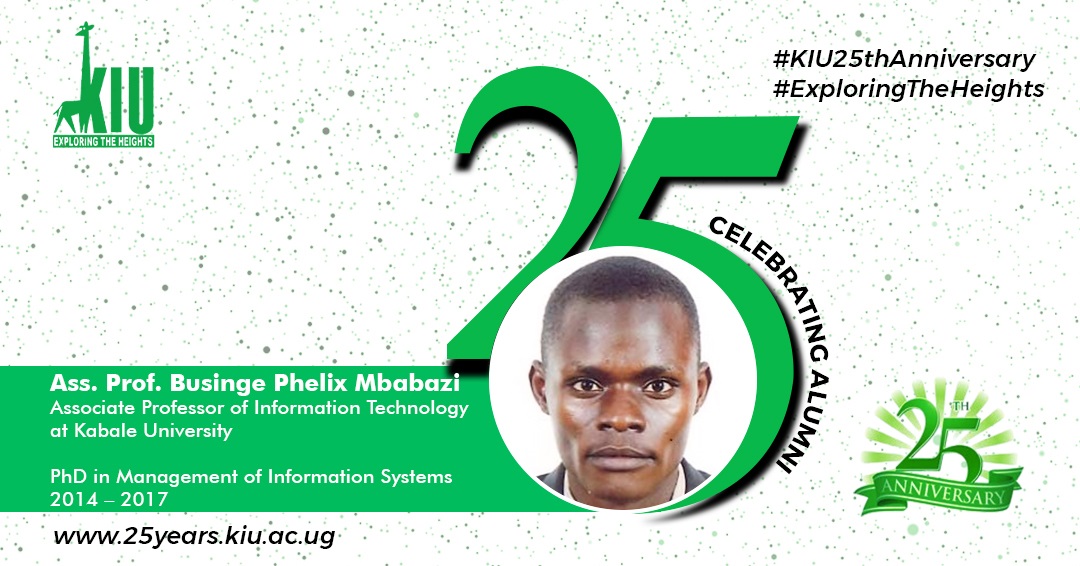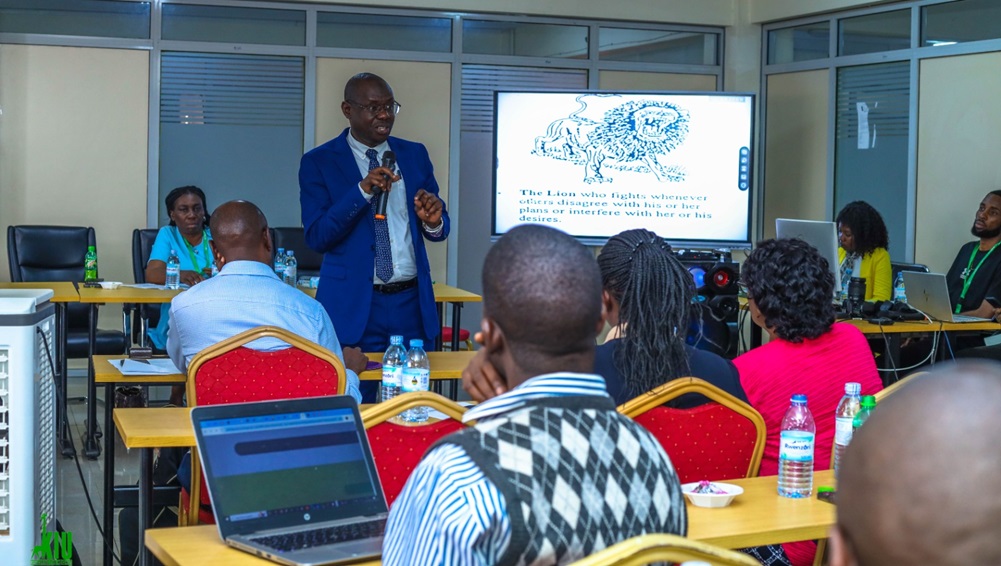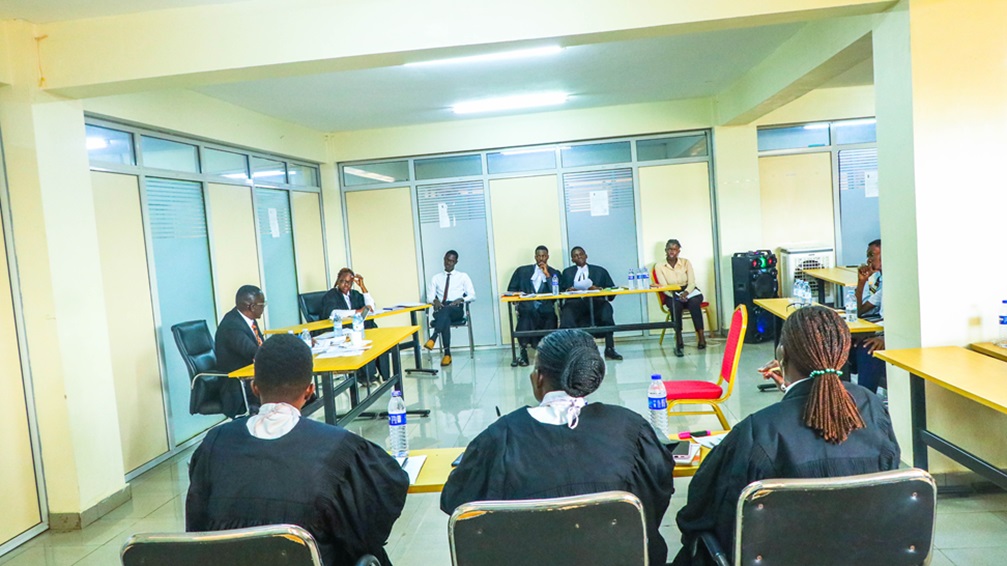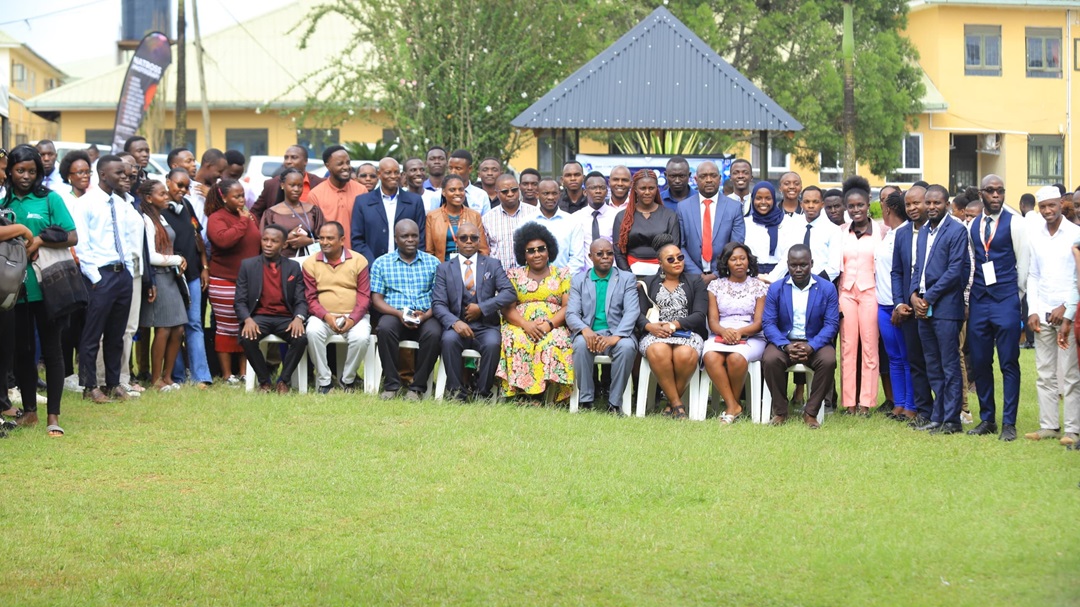
How KIU Transformed My Career & Family
- Apr 24, 2025
- /
- 67





By Associate Professor Businge Phelix Mbabazi Kampala International University (KIU) played a pivotal role in shaping my academic and professional journey. Through the KIU bursary and staff… Read More





By Isaac Akugizibwe KIU, Main Campus — KIU Rangers delivered a solid team performance to beat Miracle Eaglets 53–48 in… Read More
KIU, Main Campus - On April 10, 2025, Kampala International University (KIU) proudly took part in the Horizon Europe Information… Read More
KIU, Western Campus - The 15th Uganda Higher Education Institutions Exhibition concluded on March 28, 2025, after three days of showcasing… Read More

KIU, Western Campus - Kampala International University, through the Institute of Biomedical Research, has received a generous donation of advanced laboratory materials (Micropipettes and magnetic rack) to… Read More
By Deborah Akunyo On Tuesday, 22nd April, 2025, a student-led Maraga Law Firm held final moot competitions at Kampala International… Read More
KIU, MAIN CAMPUS - On Thursday, April 17th, 2025, the Main Campus of Kampala International University (KIU) hosted a Leadership… Read More
By Associate Professor Businge Phelix Mbabazi Kampala International University (KIU) played a pivotal role in shaping my academic and professional… Read More




